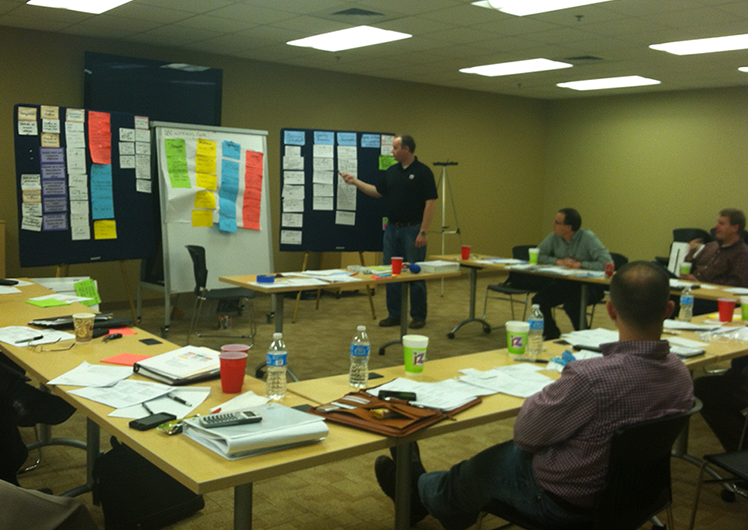Deciding It’s Time Again
Deciding It’s Time Again
Uncertainty about the future or unhappiness about the present is the reason to plan, not an excuse for inaction.
It’s hard think long-term when the bullets are flying around your head is a favorite quote by an old Army Ranger and paratrooper friend of mine. It obvious he was good at his job because he is still alive to share great quotes like this. He told me that when he jumped out of perfectly good planes there were often bullets flying around him as he glided, he into a battlefield and landed. When he hit the field, he had mission and plan, a good one that he had spent hours and even days putting together way before he strapped on his parachute. But the mission never changed , but planned list of tasks usually changed. as he also fond of says, plans change when you meet the enemy face-to-face, if they don’t, you never get the chance to tell your crazy stories.
Two Enemies We Face
These days it feels like we’re face-to-face an enemy, not ones that shoot bullets, but ones that can create great fear. Actually, there are two enemies. One is outside, beyond our control, real things like; Covid, political unrest, economic upheaval, and just the craziness in the world. The other enemy is inside and feels like being a batter facing a super-fast pitcher in baseball game. After two good swings and two misses you want to step away from the plate, find a pinch hitter, call a time-out or pray for a thunderstorm to stop this game . If you read my book Roll-Up Your Sleeves, you may recall that these reactions are the natural transition emotions that we all experience when change hits and we start miss our secure past. We innately move through these reactions effectively if we have a vision of a home run or just a base hit to focus . However, if we wait to long to step back in the batter box, we lose momentum, inertia sets in and our vision can fade quickly . Then deadliest internal enemy of them all show up apathy. When we are in a place where inaction is the norm it’s impossible to think or reason yourself back on track. Often all it takes is deciding to complete one task, like knocking the dirt of your cleats and stepping back up to the plate with a vision your next task clearly in mind. The simpler the task the better.
“A vision without a task is but a dream. A task without a vision is drudgery. A vision and a task are the hope of the world.”
Old But New Again
Around the year 2000, I began designing programs to help people managing personal transitions and make a plan to move toward their best place in the world. The things I did were simple. I put together a small simple workbook I used with my coaching clients called The Leadership and Life Planning Workbook. This Workbook was based on several planning principles; one of them is the first line of this article, “Uncertainty about the future, or unhappiness about the prebook sent is the reason to plan, not an excuse for inaction.”
In 2007 that workbook became the framework for my first book Design a Life that Works, which is not a simple book and because of that has a limited audience. So, I decided to revive that simple workbook, which is now called Design a Life that Works Workbook for people who want to face their enemy’s and get back in the game of living and leading by taking a simple step or two.
Leadership and Life Journal: A new way to look at the important things you already know. Subscribe to Leadership & Life Journal.

 Almost 75 percent of employees in the United States, and close to a third in the Asia–Pacific region, reported symptoms of burnout. All nations reported rising levels of pandemic fatigue. Worldwide – organization wide – employees are tired. McKinsey Quarterly Report January 2021
Almost 75 percent of employees in the United States, and close to a third in the Asia–Pacific region, reported symptoms of burnout. All nations reported rising levels of pandemic fatigue. Worldwide – organization wide – employees are tired. McKinsey Quarterly Report January 2021

